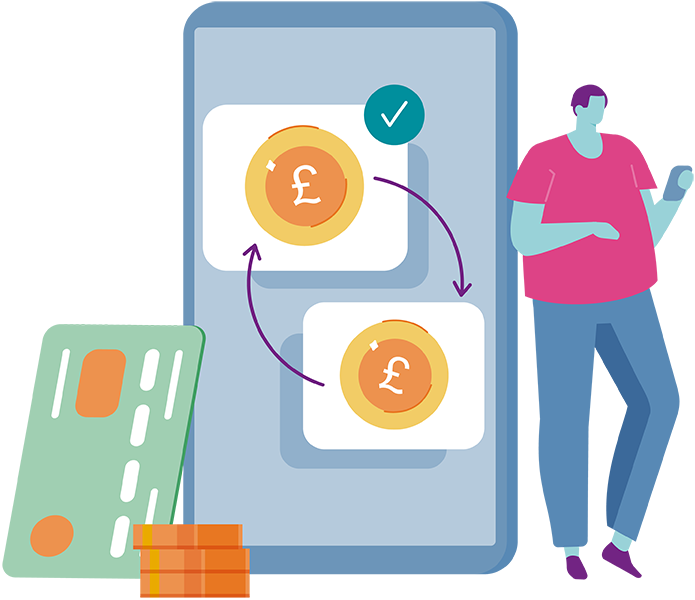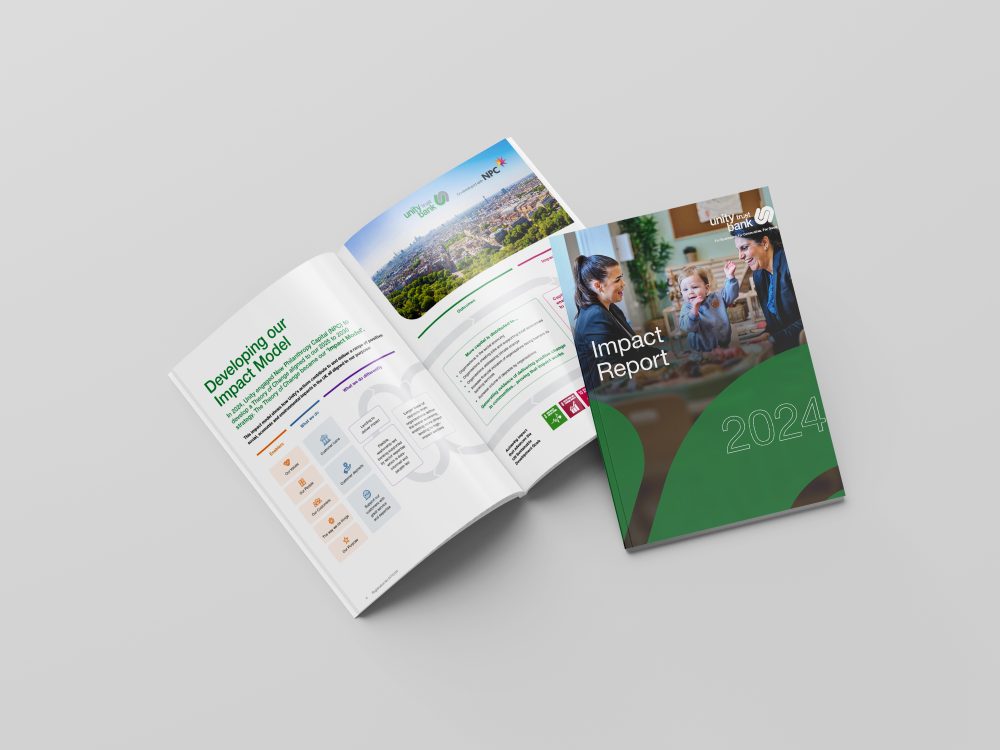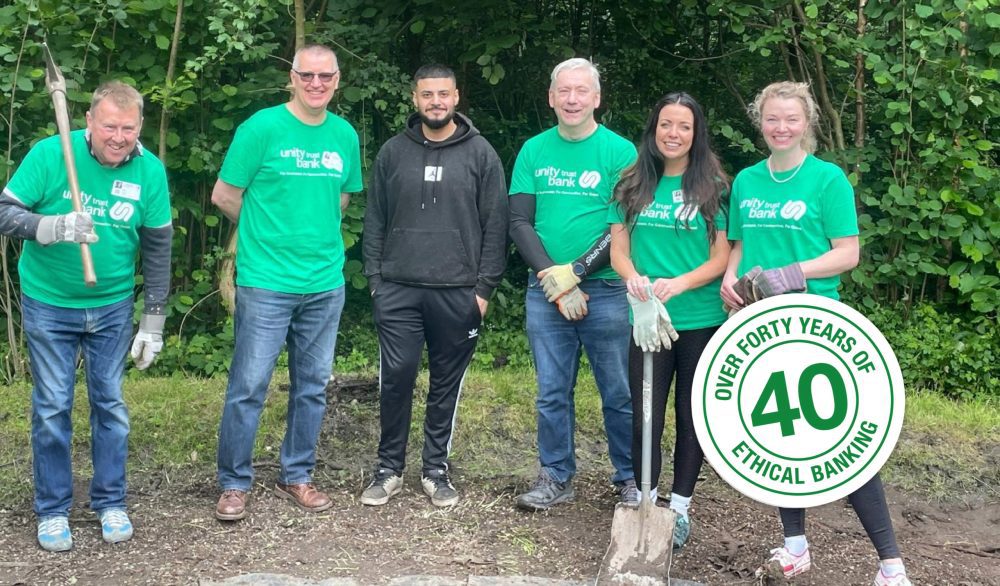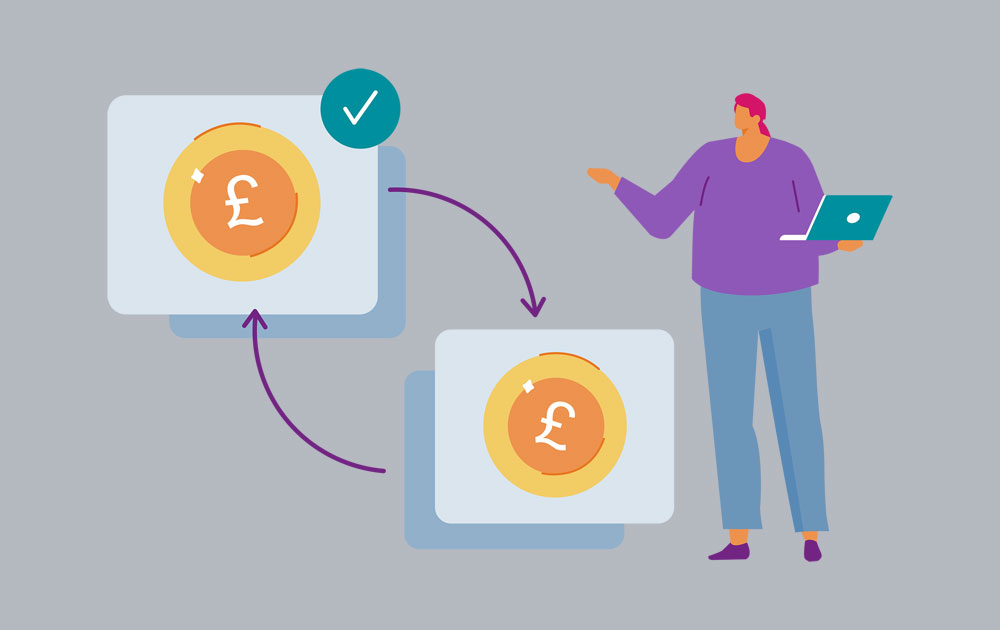
Where your money does more
Welcome to our Impact Hub
At Unity Trust Bank, we believe that when you’re making a difference, your money should too. We help organisations use their banking to build stronger communities, support people and protect the planet, ensuring that doing good and doing well go hand in hand.
Everything we do is designed to create meaningful, measurable impact. From aligning our lending with the UN Sustainable Development Goals, to reporting transparently on our performance through our annual impact report, we’re committed to proving that finance can be a force for good.
Our Impact Resources
We’ve created our Impact Hub to provide everything you need to measure and strengthen your impact, including practical tools, tailored guidance and other useful resources. Explore our latest Impact Report and access our Impact Toolkit to help you understand and measure your own positive impact.

Unity Impact Reports

Unity Impact Grants

Unity Impact Toolkit

Choosing the right bank matters
Our impact stories
From heritage organisations to frontline charities, our customers are transforming lives and local economies every day.
See how Unity is helping them grow their impact.
Choose a bank that shares your values
For over 40 years, we’ve delivered strong returns while funding sectors that make a real difference, from housing and healthcare to education and community growth. Our current accounts, savings accounts and responsible lending enable organisations like yours to make a lasting difference in their local communities.